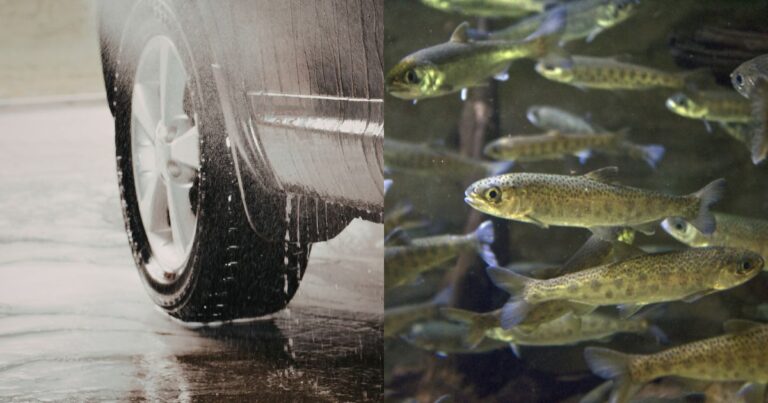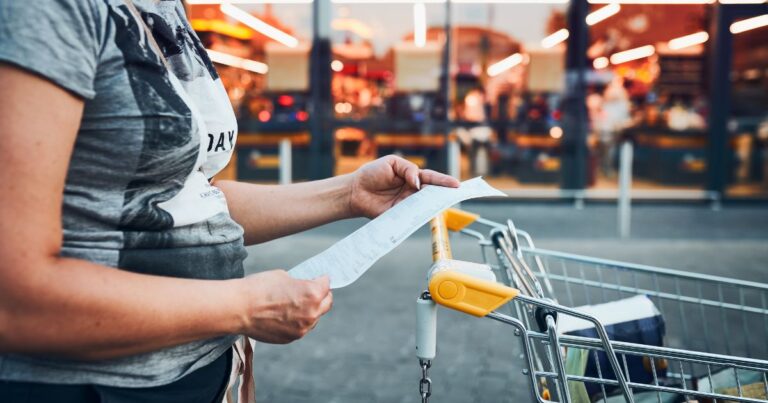New testing by our partners at the Ecology Center, in collaboration with TV stations part of Cox Media Group Inc. around the country, found that hazardous chemicals called bisphenols continue to be widespread in receipts around the United States.
This is a huge problem, especially for retail workers. People who handle these receipts can be exposed to significant concentrations of hormone-disrupting bisphenols such as bisphenol S (BPS), the toxic variation of BPA.
The new investigation, which has been featured by TV stations from Seattle to Florida, was released after journalists and researchers tested more than 200 receipts from businesses in eight major U.S. cities. They found that four out of five receipts tested contained BPS. Meanwhile, 10% contained the safer alternative, “Pergafast 201.” This new investigation is consistent with the findings of a similar investigation Toxic-Free Future co-released with the Ecology Center earlier this year,
The solution: state and retail action
Washington recently became the first state in the nation to ban bisphenols as a class in receipt paper after identifying safer, feasible alternatives, such as Pergafast 201 in receipt paper and e-receipts. The ban becomes effective January 1, 2026. The study also comes at a time when major retailers, including Best Buy, Costco, CVS Health, REI, Target, TJX Companies (including T.J. Maxx, Marshalls, and HomeGoods), Walgreens, and Whole Foods Market, have committed to phasing out these chemicals.
These findings further underscore the urgent need for other retailers and states to take action and ban these unnecessary dangerous chemicals in favor of safer substitutes. That would go a long way toward safeguarding the health of both retail workers and consumers.





